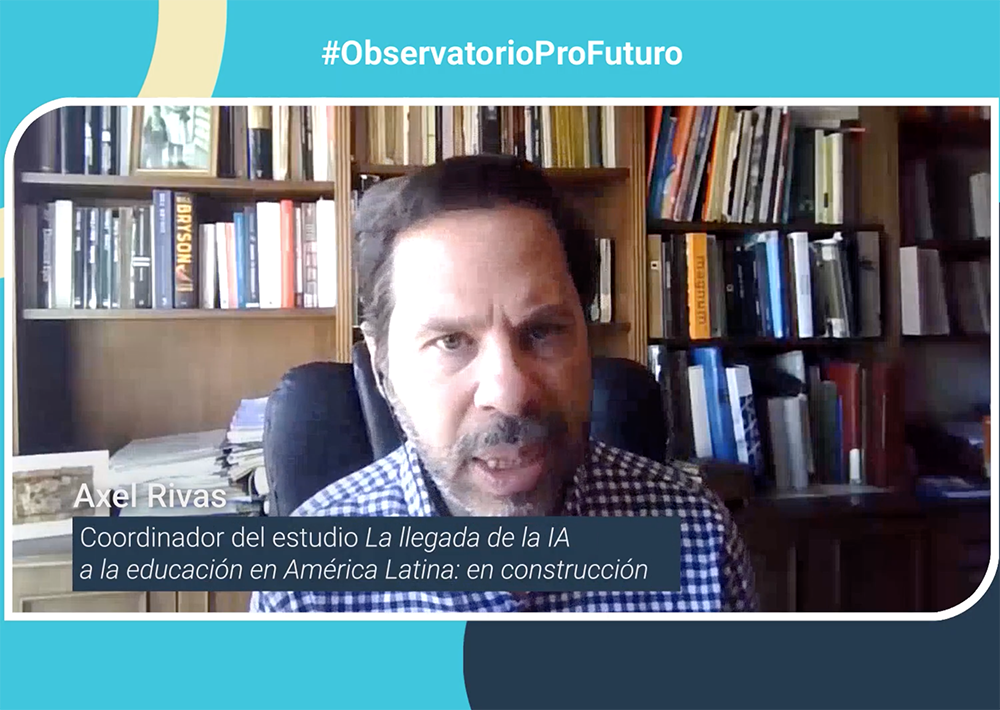The video platform YouTube occupies a privileged place in the digital activities of 21st century learners. It would be fair to say that students pay more attention to a video explanation than a live teacher. Based on this premise, the teachers of the Maker Space School have built their own multimedia productions, to share their maker projects with the school’s entire educational community.
Motivation is a determining factor in a proposal based on offering video pills to guide the development of the learning project. But it is not the only factor to take into account; students are extremely adept on platforms such as YouTube. By pedagogically capitalising on the students’ digital communication channels, teachers can increase the commitment and involvement of their students in the learning process.
This approach is directly linked to the Flipped Classroom methodology of Jonathan Bergman and Aaron Sams. Using video in education is an excellent resource at the service of a learning design based on having theoretical contents available at any time and setting aside the classroom for hands-on work, and thus interacting, collaborating and reflecting as a group.
Khan Academy was one of the pioneering initiatives offering training through videos posted on YouTube. It is a non-profit education organisation founded by Salman Khan. The idea was born in 2004 when he developed tutorials with maths lessons for his cousin in New Orleans who was struggling in school with maths. The video was posted on YouTube, allowing other family members’ children to access it as well.
In video-based educational practices, in addition to constructing audiovisual productions, teachers can involve students, giving them the opportunity to create their own. In doing so, both teachers and learners develop digital skill in communication aspects:
- Interaction through digital media
- Sharing information and content
- Online citizen participation
- Collaboration through digital media
- Netiquette
- Digital identity management
Finally, the importance of dissemination in project-based learning approaches should be stressed. The use of multimedia channels to share progress in the educational process encourages more widespread diffusion of results, and foster the use of active methodologies focused on giving the pupil a leading role in their scholastic development.






